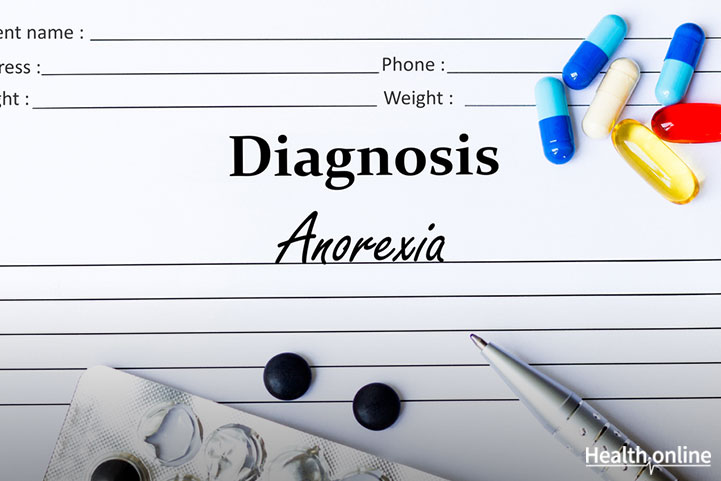
Diagnosis of Anorexia Nervosa
Diagnosis of Anorexia Nervosa can be difficult because in many instances it is the family that wants the patient to seek help, and the patient may be resistant or refuse treatment. It is imperative to get the patient to be open to help and that first step is through diagnosis.
The length of time that the individual has been suffering undiagnosed with this disorder will determine the number of complications that may be faced. For example, if the patient has been suffering from this disease for several years, they will most likely have chronically low electrolyte levels and decreased protein levels.
These levels can be tested for with routine lab work which may include: CBC, CMP and a urinalysis. It is imperative, to begin with, a physical examination by a physician, as well as a mental status evaluation.
Because anorexia is considered to be a clinical diagnosis with a psychological component, the criteria for diagnosis must meet the DSM-5 requirements, which are as follows:
- Restriction of food relative to what is necessary to significantly lowered body weight. Significantly low weight is defined as weight that is less than what is minimally required.
- Intense fear of gaining weight or becoming overweight. This behavior interferes with the patient’s ability to thrive because they are already skinny and refuse to eat because of this fear.
- A disillusioned idea of what their body actually looks like.
- A belief that they are fat, even though they are significantly underweight.
- Not acknowledging the severity of their disease, and persistently defending their low body weight.
If the individual meets these criteria set forth by the DSM-5, then they can be diagnosed with anorexia nervosa. This is a serious diagnosis that must be addressed before severe complications arise.




